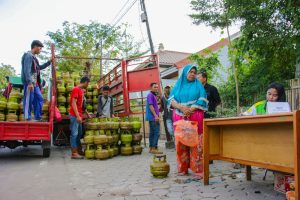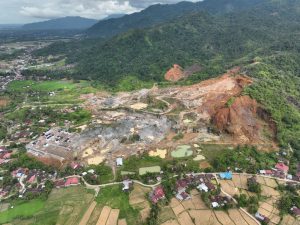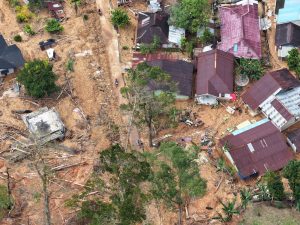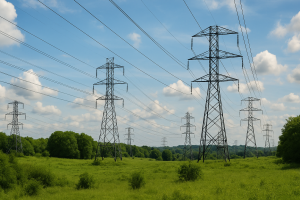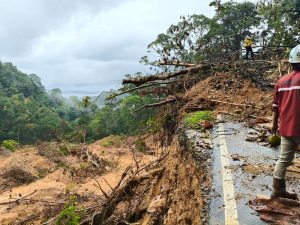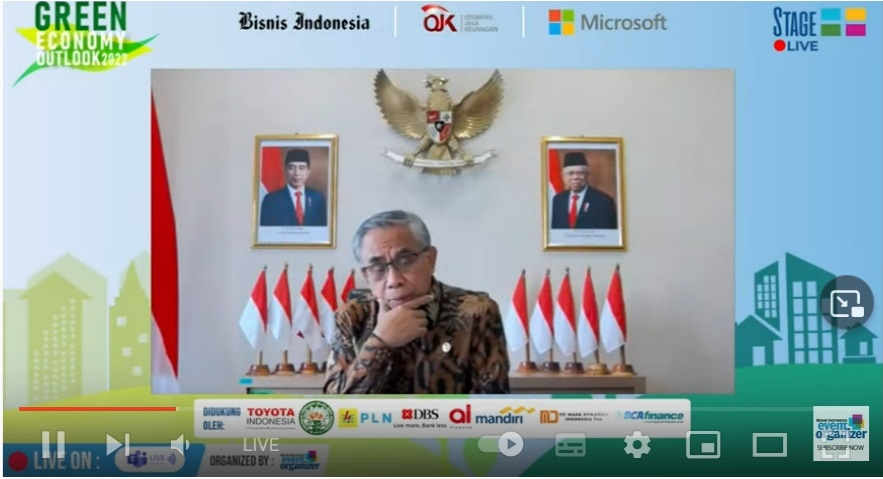
JAKARTA – The Indonesian economy is highly dependent on domestic consumption and the extractive sector, activities that if carried out massively will damage the environment. This was conveyed by the Chairman of the Board of Commissioners of the Financial Services Authority (OJK), Wimboh Santoso in the Green Economy Outlook 2022 webinar, Tuesday (22/2).
The Indonesian government cannot underestimate the economic losses caused by climate change. The Ministry of National Development Planning (Bappenas) estimates that the economic loss could reach Rp 115 trillion by 2024.
Furthermore, Santoso said, the government should be able to immediately reduce carbon emissions, while still supporting the national economic recovery. In addition, it is necessary to develop new sources of economic growth that are sustainable and environmentally friendly, to support the acceleration of national economic recovery through the development of a green economy.
“As a member of the G20 forum, Indonesia has adopted several global commitments to support climate change management and the application of ESG principles, namely the Paris Agreement on Climate Change 2015-2030 and the UN Sustainable Development Goals 2015-2030,” he said.
Indonesia has committed to reducing carbon emissions by 41 percent with international support and 29 percent on its own in the Nationally Determined Contribution scheme by 2030. This is in line with President Joko Widodo’s statement at the World Leader Summit COP 26 meeting in Glasgow, where Indonesia committed to achieving net zero emissions by 2060.
In order to support the Government’s commitment, OJK has prepared a Roadmap for Sustainable Finance Phase I (2015-2019), which aims to build awareness about sustainable finance.
“At this stage, what is being implemented includes the preparation of a Sustainable Finance Action Plan and the submission of a Sustainability Report by financial service institutions, issuers and public companies,” explained Santoso.
To perfect the implementation of the Roadmap Phase I, OJK has compiled and implemented the Roadmap for Sustainable Finance Phase II 2021-2025, which aims to establish a sustainable finance ecosystem, including through the launch of the Indonesian Green Taxonomy.
“Indonesia’s Green Taxonomy version 1.0 is a guideline for classifying economic activities to support environmental protection efforts and climate change mitigation and adaptation. It is hoped that it can become a reference for financial service institutions, issuers and public companies in equating the language of business activities that are classified as green,” he said. (Hartatik)




